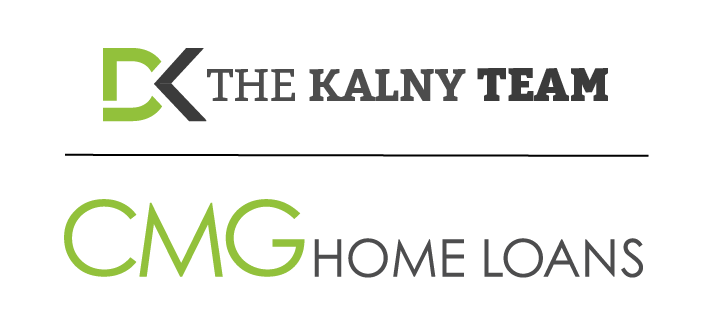Home Flipping Rate Hits 6-Year High
Blog posted On June 19, 2018
Home flipping, or the act of buying a home with the intention of selling for a quick profit, is on the rise. ATTOM Data Solutions, a real estate data company, reports the home flipping rate hit a 6-year-high in the first quarter of 2018. Some of the particularly hot flipping metros leading this increase include Baton Rouge, LA, up 70% quarter-over-quarter, Lincoln, NE, up 55% q-o-q, Madison, WI, up 55% q-o-q, Columbia, SC, up 48% q-o-q, and Atlantic City, NJ, up 43% q-o-q.
Based on the report, home flipping represented 6.9% of all sales transactions in the first quarter of 2018, and the average gross profit on a flipping transaction was $69,500. Rising home prices present both opportunity and challenges to prospective home flippers. The allure of higher selling prices is not independent of the higher buy-in cost. While homes are selling for more money, profit margins are slimming because of the increased investment cost. Return on investment for flipped homes has decreased from 50.3% in 2017 to 47.8% in 2018. ATTOM Data Solutions senior vice president Daren Blomquist explained, “the 2018 housing market is a double-edged sword for home flippers.”
The home flipping concept in the United States was fueled in part to the large share of foreclosures during the Financial Crisis. Some of these previously popular home flipping markets, those impacted significantly by foreclosure, have actually seen quarter-over-quarter declines in home flipping, including Miami (down 16%), Los Angeles (down 3%), Tampa-St. Petersburg, Fla. (down 13%); Washington, D.C. (down 6%); and Las Vegas (down 2%).
One tangible benefit of home-flipping activity is that they tend to make undesirable properties livable again. This could create an opportunity for first-time home buyers with lower budgets and no renovation experience. It could also balance out buyer demand and alleviate some of the strain on new home construction.
If you’re considering a real estate investment, the first decision to make is whether you are buying to sell or buying to rent. Real estate investors who buy to sell, or “flip” the property, need to set a renovation budget ahead of time and consider a financing option that is best suited for that budget. They also need to factor in the closing costs for the purchase of the home and later the cost of selling the home. Investors who are buying to rent should prepare for the responsibilities of a landlord including maintaining the property, finding tenants, and possibly carrying the cost of a vacant property for periods of time. One way to alleviate the landlord burden is to hire a property management company. That option of course, will come with an additional cost. Before investing in real estate, its best to consult a mortgage professional to determine your most profitable course of action.
Sources: Investopedia, MarketWatch, Mortgage Bankers Association






